NRL players should be tested for risk of committing violent or sexual assault: Psychiatrist
The game of rugby league has been mired in controversy over violent and sexual assault allegations against star players prompting a leading psychiatrist to call for psychological testing with players at risk of committing violent or sexual assault ordered to get help. VOTE IN OUR POLL
NSW
Don't miss out on the headlines from NSW. Followed categories will be added to My News.
- Comment: Stop treating footy players like they’re special
- New punishments for players guilty of violence against women
Rugby league players should undergo psychological tests and those at risk of committing violent or sexual assault ordered to get help, a leading psychiatrist has said.
The call came as the female chair of Wests Tigers urged the men of league to stand up as strong role models and condemn violent and sexual abuse towards women.
The game has been mired in controversy recently, with some of the NRL’s biggest stars, including two-time Dally M winner Jarryd Hayne, facing court for sexual assault.
Manly’s Dylan Walker appeared in court on Tuesday on domestic violence charges.
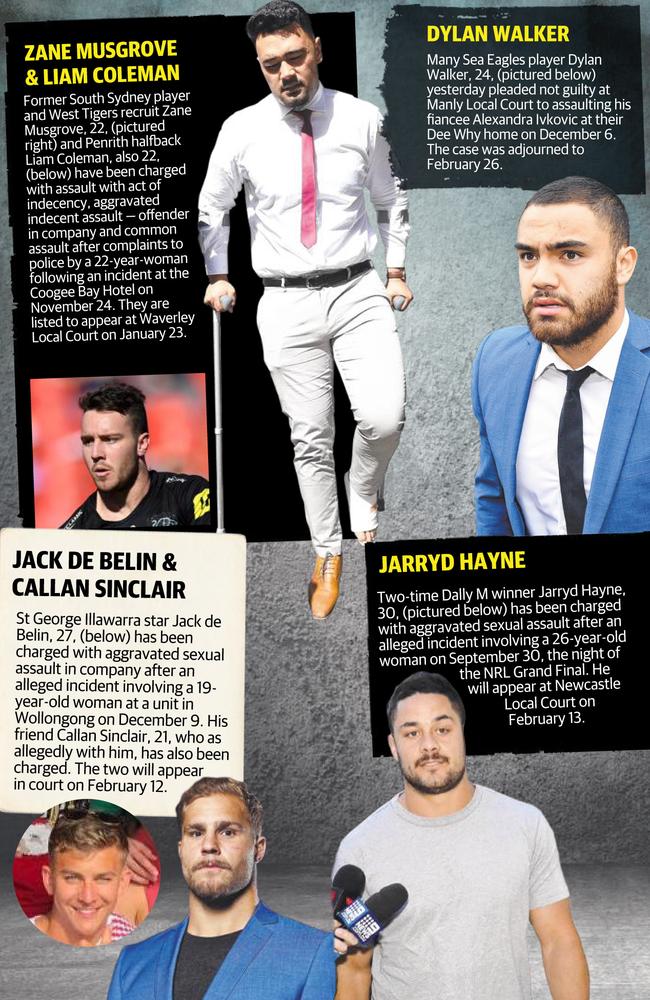
The Australian Rugby League Commission had its final meeting of the year on Tuesday and afterwards its embattled chairman went on Twitter to promise a full audit into all steps NRL clubs are taking to combat violence against women.
Peter Beattie said the commission had agreed “as a priority to ensure appropriate action is being taken across the game to deal with recent instances of violence against women”.
“Commissioner Professor Megan Davis will also lead an audit of the current education and wellbeing programs combating violence against women, provided by the NRL, clubs and community partners,” he said.
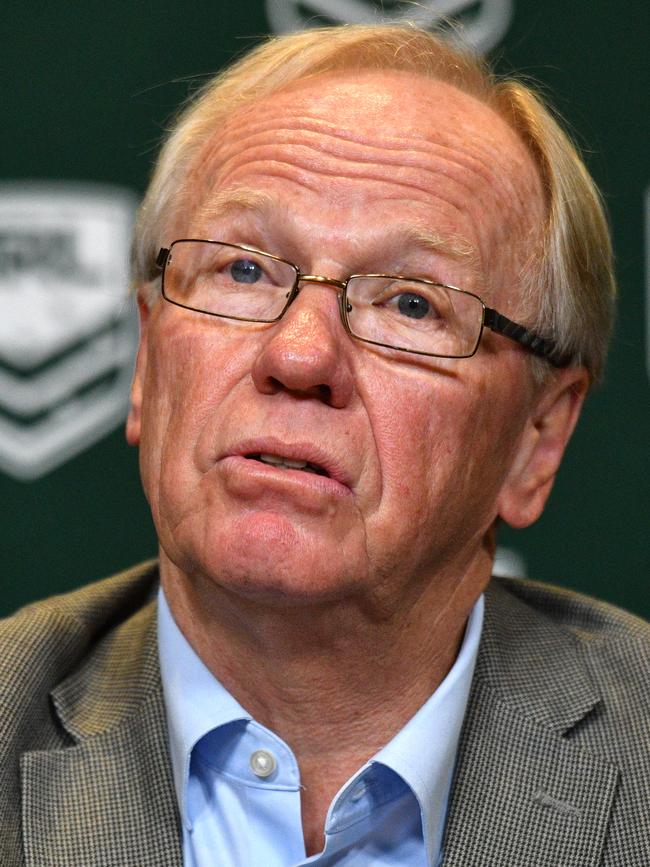
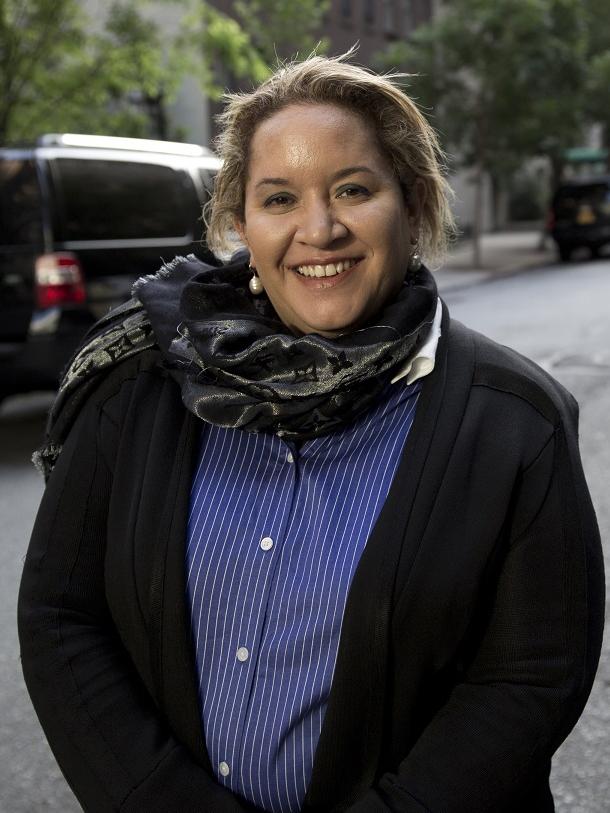
RELATED
Peter Beattie: Allegations of violence against women is killing the NRL
Paul Kent: NRL’s processes around player behaviour not working
Phil Rothfield: NRL’s growing wall of off-season shame
Players are given hours of compulsory courses and role play sessions to educate them on how to behave in “high-risk situations”.
“Domestic violence and drug and alcohol abuse is an Australia wide problem, not just particular to the sporting community, but we need to reverse the tide of it within the clubs — it’s a lot better than it used to be,” NRL education manager Paul Heptonstall said.
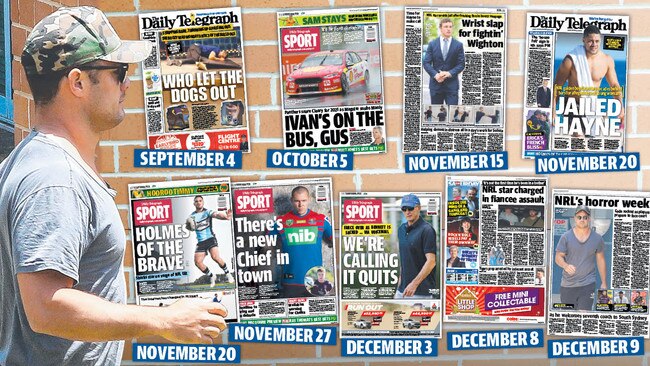
Every year the NRL’s 5000 players and coaches sit through three 90-minute workshops on violence, drug and alcohol abuse, and a one-hour theatre role-play session.
There are also two wellbeing officers assigned to each club.
“We mandate three workshops a year we feel are the most relevant hot issue of the time, all players and all staff must attend,” Mr Heptonstall said.
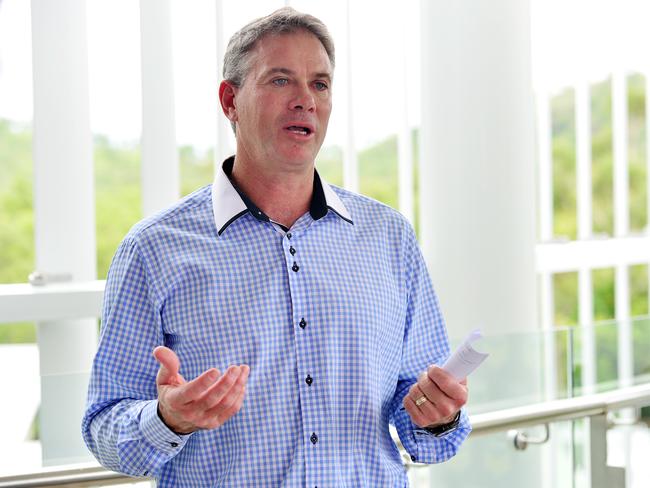
But Sydney psychologist Dr Rose Cantali questioned whether that was enough.
“The question is the quality of support the players are getting,” she said.
“Workshops a few times a year are not enough to help combat problems that are sometimes deeply ingrained in a player.
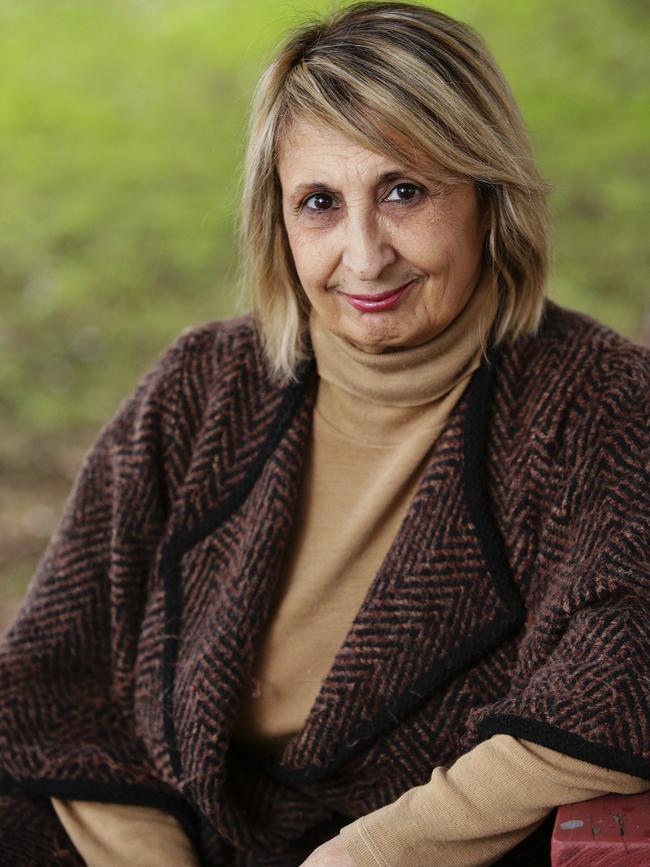
“Which player is going to put their hands up in a work shop, or group situation and say they beat their partners or abuse substances to cope?”
Dr Cantali said the players needed individual help: “One answer is perhaps to screen them as a preventive.”
Currently, NRL bosses step back from any comment on players once they have been charged, saying it is a police matter.
But Wests Tigers chairwoman Marina Go said her club came out strongly to condemn bad behaviour every time.
“As soon as something involves a player, straight away we make a statement about our zero-tolerance policy, particularly where it involves (alleged) violence towards women,” she said. “We like to think it is a deterrent for the players but it is also really important for us to show strong leadership to our fans.
“It is a reminder that the NRL stands for something.”
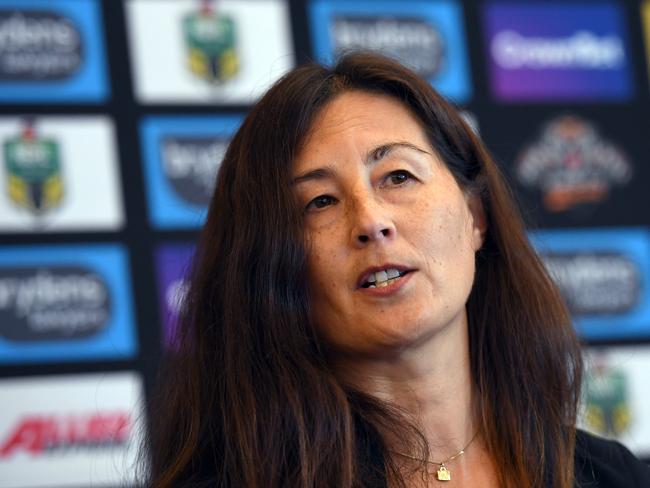
By contrast, the day after St George star Jack de Belin was charged over an alleged aggravated sexual assault involving a 19-year-old woman, a scheduled press conference for NSW Origin players was cancelled.
Not one current or former player spoke out to condemn violence against women.
“The recent spate of incidents shows that something is not working,” Ms Go said.
“The young men in our game, just as young men do in society, look for role models. I am calling for the men in the game to stand up and be strong models.”
Sports psychologist John Crampton agreed.
“What they need is a den mother — someone who teaches them respect. Look at the definition of a den mother, it is a strong character who challenges them and tells them to be a man.”
Some of these men just can’t be taught
The “cultural change” expert appointed to clean up the NRL 14 years ago says she is “devastated” by the latest string of alleged incidents but claims rugby league is doing all it can.
“If people have alternative suggestions other than locking these young men in cages I would love to hear them,” the NRL’s pro-bono gender adviser Catharine Lumby said.
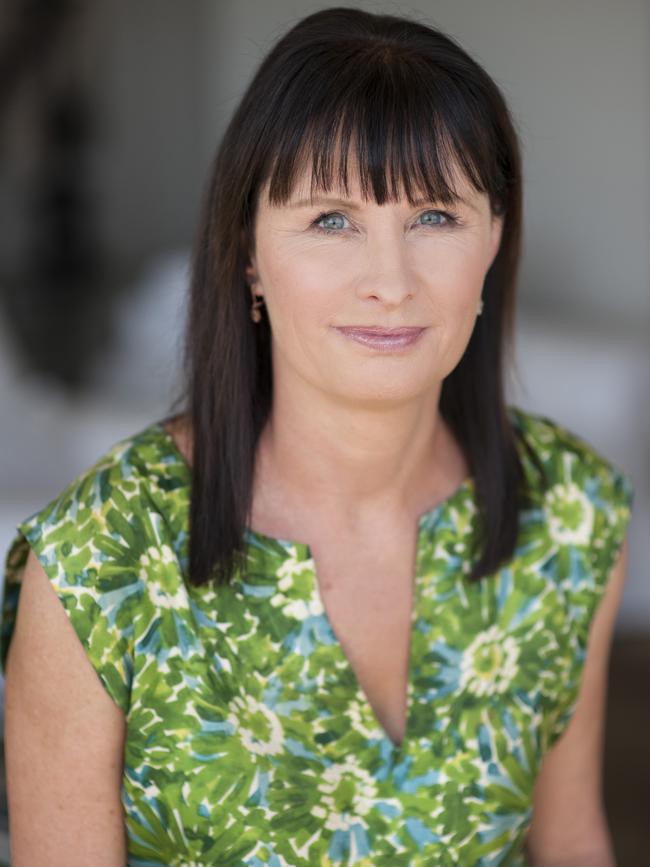
The league’s reputation is in tatters with some of its biggest stars due before the courts on a variety of disturbing charges.
“I am devastated but I am not shocked. I know of the incredibly good work that is being put into players but unfortunately some of them are simply education proof,” said Professor Lumby, who has worked with the NRL since the notorious 2004 Bulldogs sex scandal in Coffs Harbour.
“Education is not a silver bullet, but what would you like to replace it with?”
She said new research showed men in the NRL committed fewer sexual and domestic violence assaults than men in the 18-35 age bracket in general society.
“Most men do the right thing. I have zero tolerance for those that don’t,” she said.
“I think the NRL’s policies should be stricter.”


